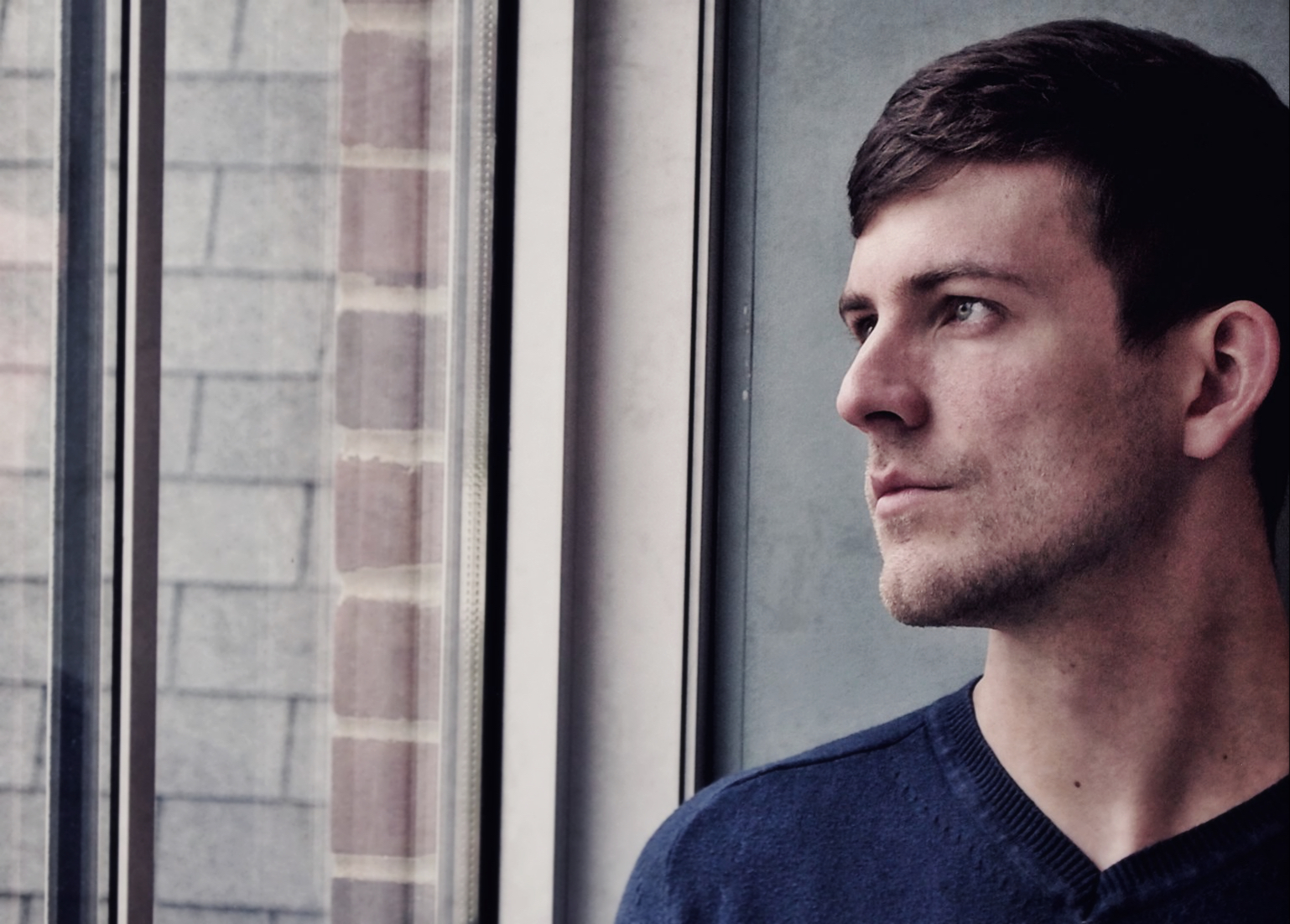Thursday, Jan 28, 2016
by Anne Sears
The first semester in graduate school is always intense – new classes, new professors, new classmates. For David Conley, that intensity was magnified as he was also composing the soundtrack for an independent film.
During his senior year at the University of Georgia, he auditioned for and got the job of composing music for Forgotten Plague, a documentary about myalgic encephalomyelitis & chronic fatigue syndrome, his first feature length film score. By the time the fall semester had begun, David was already deep into the composing process.
“My first year at Westminster was both overwhelming and rewarding,” he recalls. “Days were filled with the expected work of graduate school; nights were filled with Forgotten Plague.”
Although a great deal of the score was written prior to recording, much of the music in the film is improvised.
“If a progression or melody worked particularly well for a scene, I would take it build a more connected and controlled musical idea from it,” he says. “I built the entire score around a single melody, and it can be heard in many different forms throughout the film. The seemingly hopeful rising melody is plagued with an unrelenting descending quality that never allows it to fully reach to its intended resolution. Chronic fatigue syndrome is a disease in which the sufferer faces muscular exhaustion to the extent that their bodies never fully recover from even the simplest tasks, causing unceasing pain for weeks, months, or years at a time. This melody served to mirror the suffering that patients experience on a day-to-day basis.”
Forgotten Plague is scored for keyboards, violin, viola, cello, acoustic guitar and - of course – choir. He recalls thinking during his first few days on campus,“I’m going to school at a choir college, how on earth could I not use a choir?”
He reached out to students and friends through social media to sing, resulting in nearly 40 Westminster students singing in the Forgotten Plague choir.
Scrambling to finish by the deadlines, David finished the choral score just hours before the recording session. He conducted the ensemble and acted as the recording engineer with the assistance of classmate Eric Roper.
One of the most challenging tasks he faced was editing a piece titled Whitney. It included a chamber choir, two separate cellists recorded in Georgia and a multiple tracks recorded on a synthesizer. Due to some edits from the filmmakers, David was forced to either cut the choir entirely or learn how to manipulate the waveforms of the recording (elongating and shortening specific phrases) without destroying the sound of the ensemble. He kept the choir, and those six minutes of the score took more time to edit then the rest of the score combined.
When he received word that the film’s trailer was far behind schedule, he took it upon himself to make a trailer and write the music for it – his first attempt at editing both video and audio.
Reflecting on the challenges of scoring a documentary film, David notes that the hardest thing to achieve was to write music that is both emotionally engaging and aurally inconspicuous, music that drew attention away from itself and to the dialogue.
He’s pleased with the results of his work, and is encouraged to see the soundtrack for Forgotten Plague on iTunes and Spotify. The film saw a successful theatrical release and was just released on iTunes and Amazon Video.
Asked to define a good soundtrack, David replies, “A good soundtrack is one that allows the viewer to experience the dramatic intent of the film on a deeper level without the viewer perceiving it. The power of a soundtrack over the film is incredible. While experimenting with Forgotten Plague, I noticed changing the music even negligibly would create a remarkably different scene. It’s mind blowing… a little nerve-wracking if it’s your job not to ruin it.”
As he enters his final semester at Westminster, David’s success with the Forgotten Plague has yielded several more opportunities in film composition. He was recently hired by the Fuerta Dance Company to compose music for an upcoming project, fusing dance, film and music, that explores the mysteries of the subconscious mind.
“The wheels are turning,” he says. “I am quite excited and a little nervous to explore my subconscious and find creative ways to reveal it to the world. Stay tuned.”
David is continuing his partnership with Coqui Pictures, as he is the composer for their next documentary Set Them Free, a documentary about a group of missionaries investigating the sudden disappearance of hundreds of missing children in Nicaragua. The documentary is scheduled to release in late 2017.
And what’s next after he earns his master’s degree in Choral Conducting? “I want to conduct choirs, sing in choirs, write music, and continue pursuing film composition.” he says. He’d like to see choral music figure more prominently in film, and he’s hoping that he’ll be able to compose and conduct music that could achieve that goal. “I’m open to any opportunity that will continue to allow me to pursue my passion for creating and making music with the people I love.”

